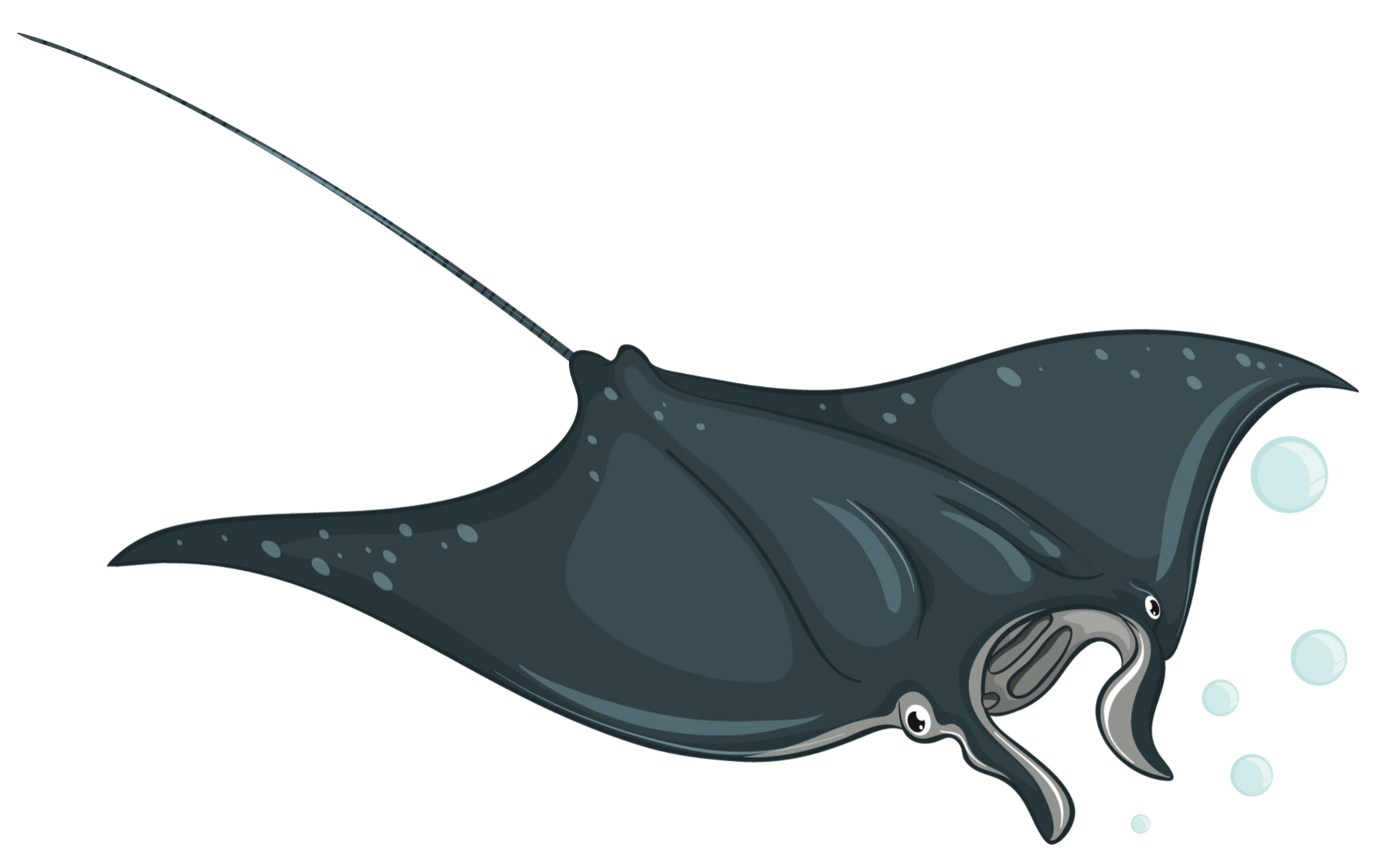There is an old saying that beauty lies in the eyes of the beholder. But what if we are talking about Fishes?
We often think of Fishes as simple creatures with a simple way of thinking. But did you know that they have beauty and cleanliness standards, too? Fishes know when they are clean and beautiful, which gives us the impression that they are also self-aware.
Let’s find out more about what Fishes truly see.
WHAT IS MIRROR SELF-RECOGNITION?
Mirror self-recognition (MSR) is the ability to recognize oneself when facing a mirror or some other reflective surface. Fishes have passed the self-awareness test done by scientists led by Masanori Kohda in an updated 2022 study for PLOS Biology.
Before that study took place, it was assumed that Fishes are unable to recognize themselves in the mirror.
However, the Bluestreak Cleaner Wrasse in the study could recognize themselves from a reflection, as proven by MSR-induced cleaning behavior when presented with parasite tattoos in their reflection. About 94% of the Fishes in Kohda’s study presented this behavior.

CAN FISHES RECOGNIZE THEMSELVES IN THE MIRROR?
The answer is yes!
Various Fish species have demonstrated their ability to recognize themselves in the mirror and address any potential problems that they see in their reflection. In addition, aside from the Cleaner Wrasse, the Manta Rays also demonstrated their intelligence and ability to recognize themselves in the mirror. They also did not attempt to interact with their reflection, implying that they were aware it was a reflection they were seeing, not a separate creature.
In the study of 18 individuals of Bluestreak Cleaner Wrasse involving a tattoo of a parasite, 17 Fish individuals recognized the tattoo and attempted to rub them off to get rid of the perceived parasite.
Moreover, to test whether or not the Fishes were responding to what they saw in the reflection and not the physical stimuli of the tattoo, the same parasite-like tattoo was also done to the Fishes, but without the tattoo being visible. The Fishes did not attempt to get rid of the tattoo, further proving that they had an MSR response.

INTELLIGENT, INDEED!
Some Fish species are intelligent enough to identify themselves
when faced with their own reflection. They are intelligent and self-aware creatures who are capable of perceiving cleanliness.
DEMONSTRATING SELF-AWARENESS
Fishes can demonstrate self-awareness with MSR, because they do not attempt to socially interact with their reflections. This is particularly evident in the case of Manta Rays who would swim in front of the mirror, move their fins, and even blow bubbles that they don’t usually do when other Manta Rays are around.
However, further studies need to be done with this species, such as physical mark tests to further prove their MSR abilities.
In the case of the Bluestreak Cleaner Wrasse, they are able to demonstrate self- awareness by MSR and MSR-induced grooming responses. This means that these Fishes can determine if something has changed in their physical appearance and if they are affected by a potential parasite.
These Fishes also groom themselves based on how they perceive themselves in reflective surfaces.

BEAUTY IN THE EYES OF THE BEHOLDER
Different Fish species may have different beauty and cleanliness standards depending on their environment. According to the 1987 study by George S. Losey Jr. for Symbiosis, some Fishes and other aquatic creatures even developed special cleaning relationships with one another as a result of their unique hygienic practices.
Fishes are usually exposed to various ectoparasites in their environment, and grooming themselves may not always be an easy task. To solve this problem, some Fishes developed mutually beneficial practices with other organisms who can clean them. The “cleaner” organism may be Shrimp, smaller Fishes, and other smaller aquatic creatures.
These aquatic “cleaners” may benefit from these practices, because their diet usually consists of the parasites or debris attached to the Fishes they clean.
More research needs to be done to pinpoint species that are capable of MSR. Self- grooming and cleaning behavior based on reflections are strong evidence of MSR, but not all Fish species have the same response.







